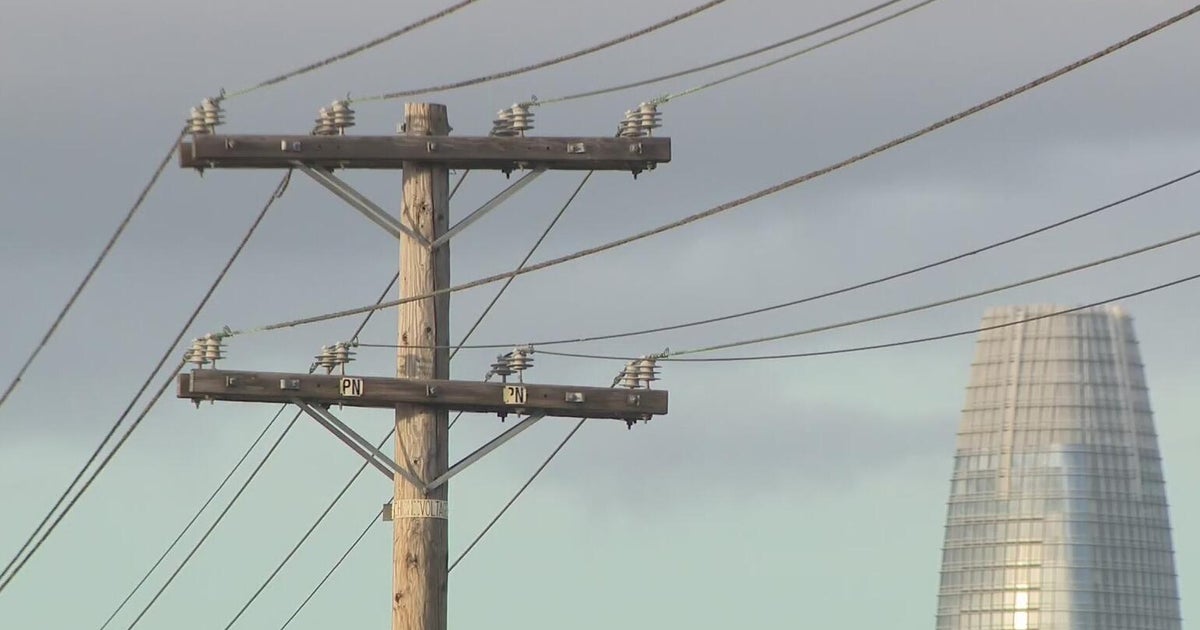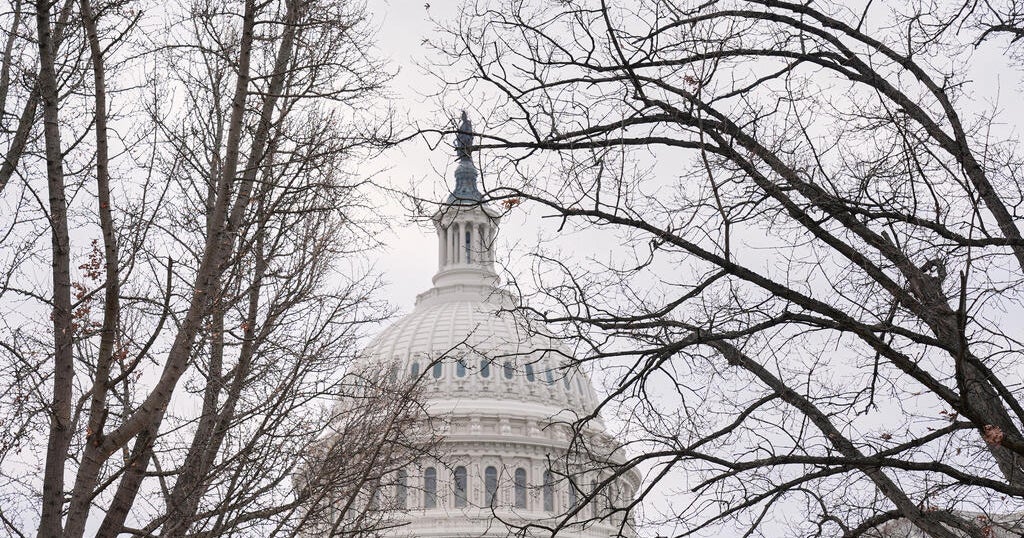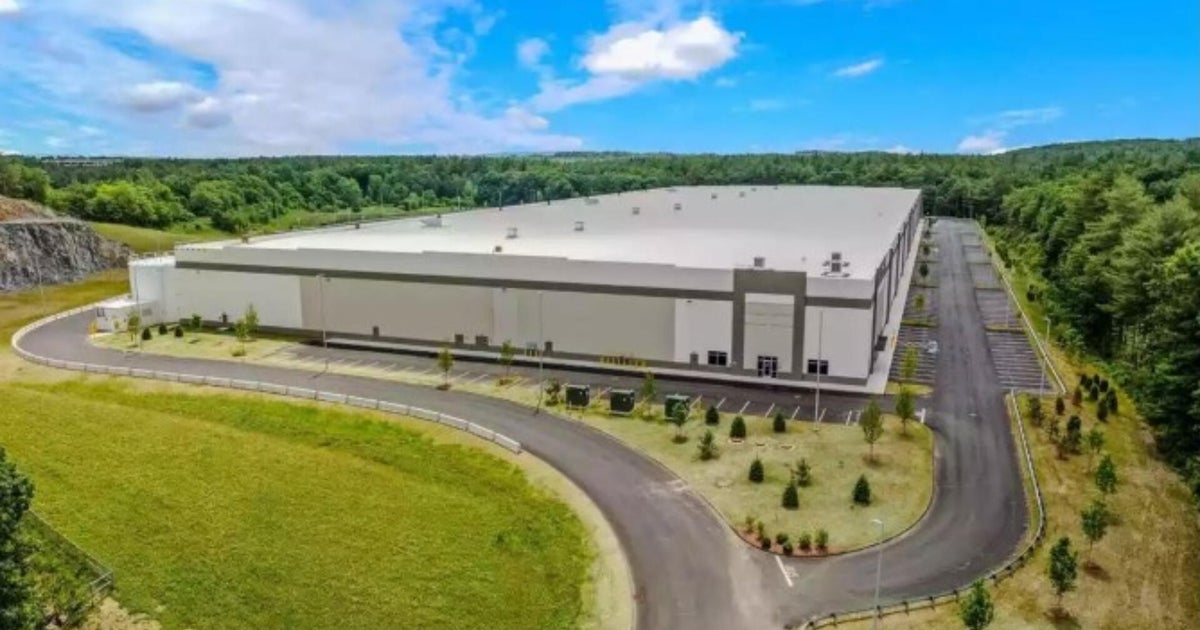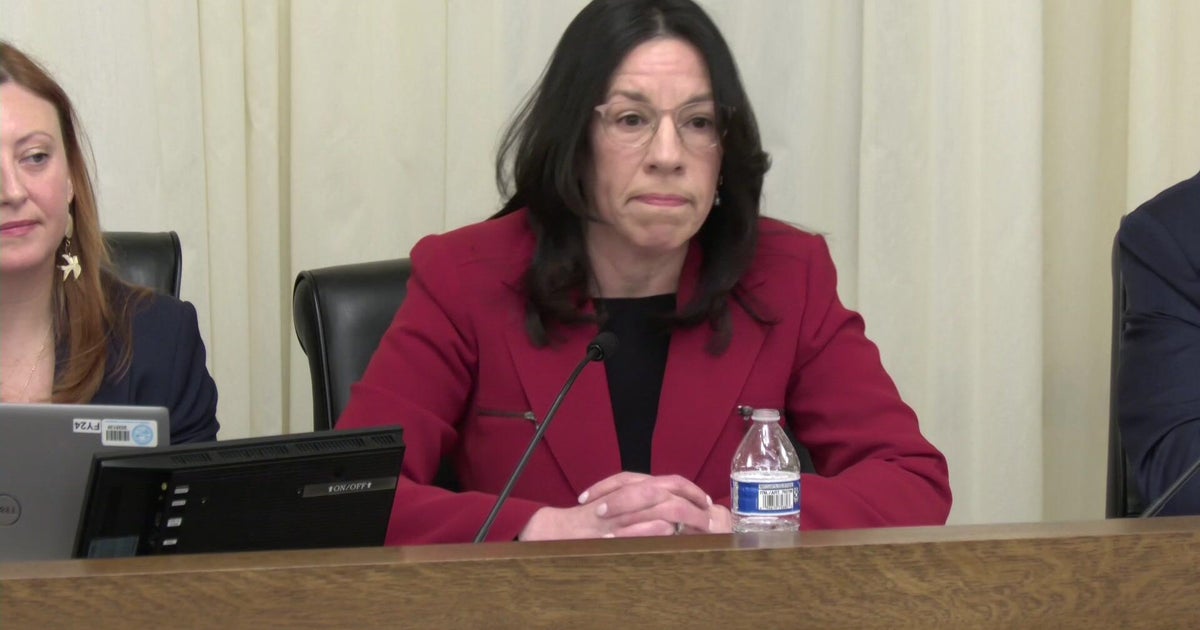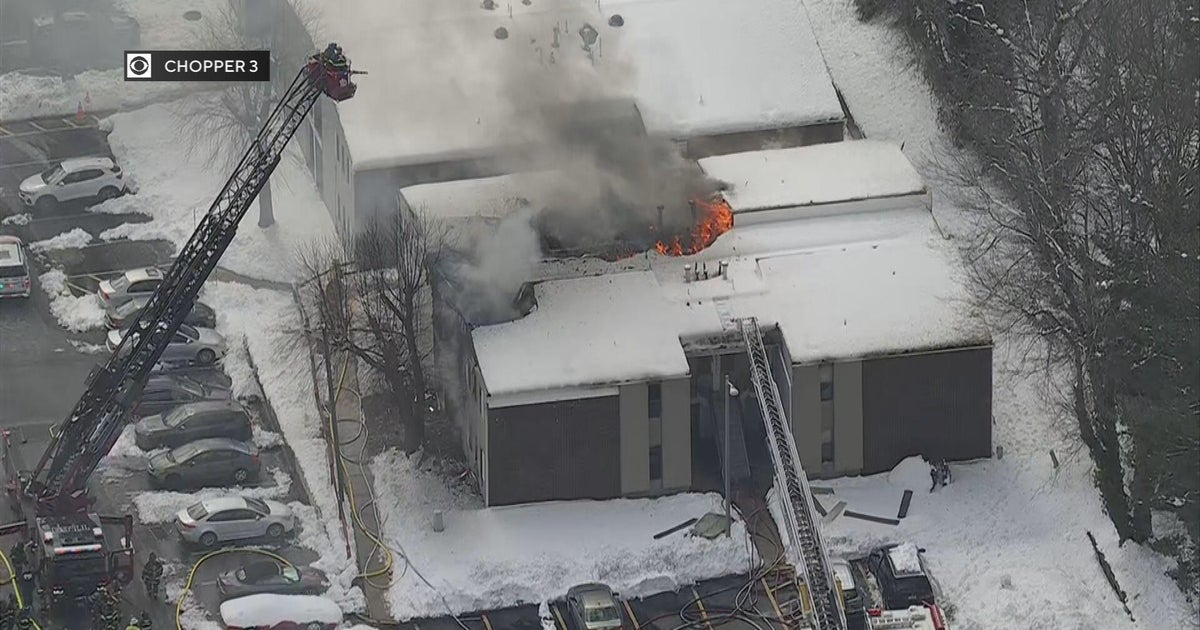Minn. Lawmakers Target New Coal Plant Restrictions
ST. PAUL, Minn. (AP) -- Minnesota legislators moved Tuesday to lift state restrictions on carbon dioxide emissions from coal production that critics said has amounted to a moratorium on the construction of new coal plants.
Republican-controlled House and Senate committees passed matching bills to lift a state law passed just four years ago. The coal plant provision was one piece of a larger series of reforms meant to boost renewable energy production and clean up Minnesota's environment, which passed with wide bipartisan support and was signed by Republican Gov. Tim Pawlenty.
Under the current law, utilities can only build and operate new coal plants in Minnesota only if they can offset carbon emissions to a level that they don't add to the amount of carbon in the atmosphere. Critics said the options for achieving that offset are so expensive and burdensome they amount to an effective moratorium on new plants.
Supporters of lifting the moratorium now say it was only in the package at the insistence of Democrats who then controlled the Legislature and that even Pawlenty had reservations but didn't let them trump the entire reform package.
"We have a chance here to fix something that never should have been part of this law in the first place," said Rep. Mike Beard, R-Shakopee, the chief House sponsor. Republicans took control of both houses of the Legislature last November.
Beard said the immediate impetus for lifting the moratorium is to allow Minnesota's Great River Energy company to sell power generated at a new plant it's building in North Dakota to Minnesota customers. The company is not allowed to do so under the provisions of the current law, and top state officials in North Dakota including Gov. Jack Dalrymple have urged Minnesota lawmakers to strike it down.
But Beard and fellow sponsor Sen. Julie Rosen, R-Fairmont, said the larger concern is that alternative energy sources like wind, natural gas and solar power don't have the potential to meet Minnesota's energy needs.
"I'm not saying new coal plants are coming down the pipeline immediately, but we need to be prepared to keep Minnesota viable and a place to grow," Rosen said.
Supporters of the moratorium said it's in place to incentivize power companies to come up with cleaner ways of using coal. "If to them this is a moratorium, then what they're saying is they can't figure out how to do this responsibly," said Molly Pederson, director of public affairs for Conservation Minnesota.
Margaret Levin, director of the Minnesota chapter of the Sierra Club, called coal power "a bad investment" that would not create jobs in Minnesota as the energy economy shifts to a greater and greater emphasis on renewable energy sources.
The House and Senate bills passed the House Commerce Committee and the Senate Energy, Utilities and Telecommunications Committee with support from Republicans and Democrats, though several Democrats on both committees voted against lifting the moratorium.
Beard said the full House and Senate could vote on the bills in April; Gov. Mark Dayton has not yet indicated if he supports the current moratorium.
(© Copyright 2011 The Associated Press. All Rights Reserved. This material may not be published, broadcast, rewritten or redistributed.)
